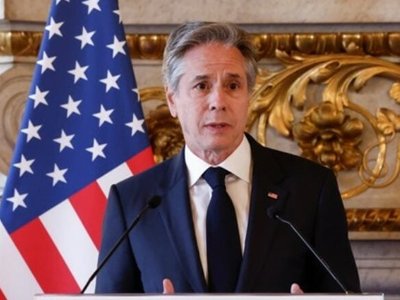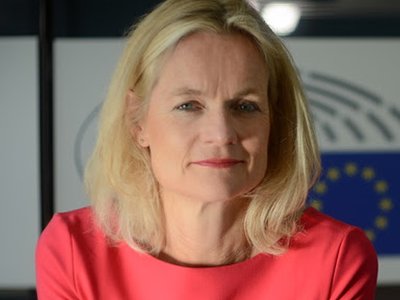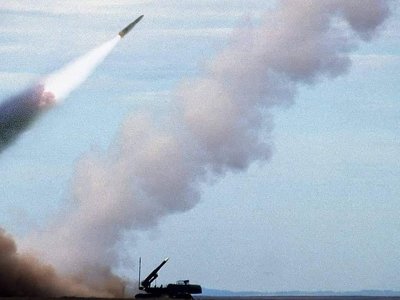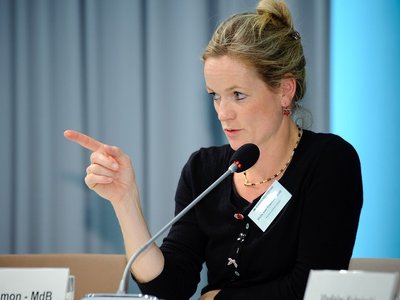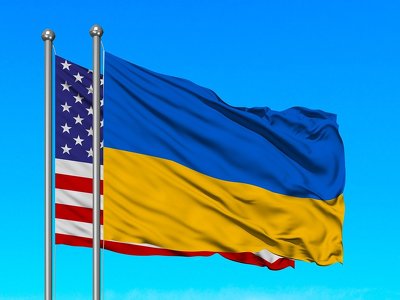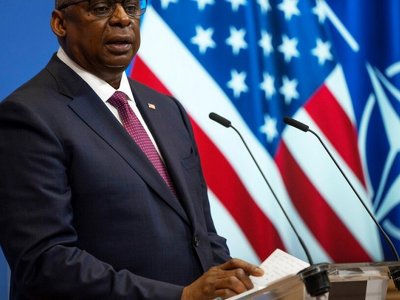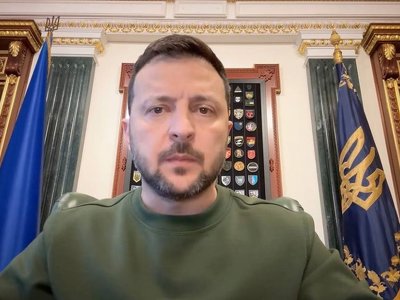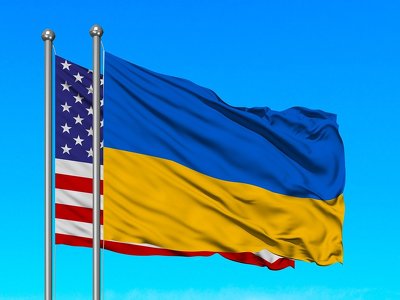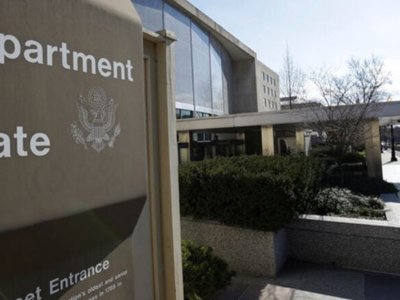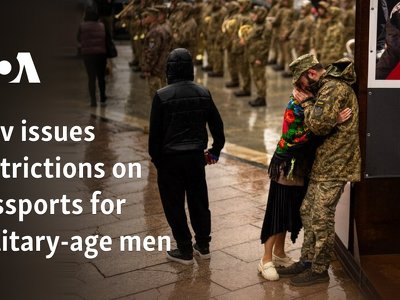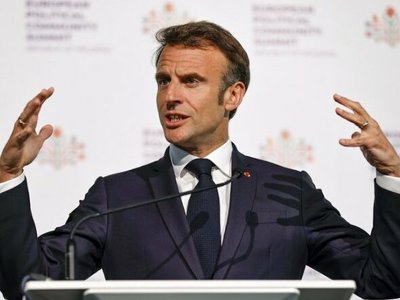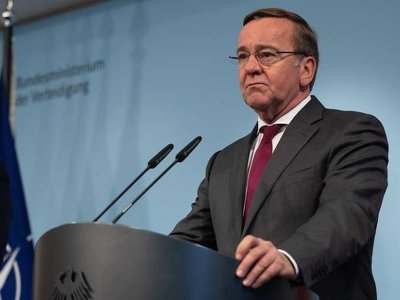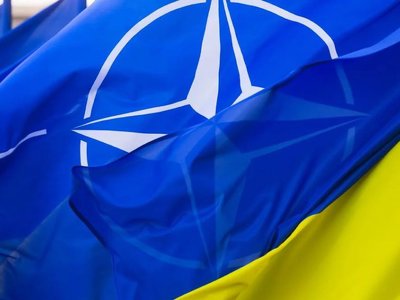How Trump’s USA is losing to China and whether it can hold its global position

It is indisputable at this point that the United States is disengaging from global leadership. While America’s retreat has so far been largely a choice – spearheaded by President Donald Trump’s "America First" administration – it may well become irreversible.
And if the Communist Party of China (CPC) has its way, the People’s Republic will emerge as the new global hegemon
Read more about how China is attempting to seize global leadership amid Donald Trump's presidency in the column by Ana Palacio, former Minister of Foreign Affairs of Spain (2002–2004): The price of Trump’s mistakes: how US leadership decisions opened the door for China’s global rise.
China’s recently published white paper on national security, its first ever, offers a glimpse into the CPC’s plans.
The author pays attention to the fact that unlike previous defense-focused white papers, it establishes political security – specifically, the CPC’s leadership – as the foundation of national stability, essential to enable China to act as a stabilizing force in a turbulent world.
According to Ana Palacio, That turbulence, China asserts, can be blamed largely on Western powers, especially the US.
"China has a point here: even America’s current withdrawal from global leadership has been conflicted and chaotic", the former minister writes.
According to her, this has provided a critical opening for China to position itself as a stable and certain actor in regional and global affairs, a champion of multilateralism, an investor in and defender of the Global South, and a just peacemaker.
More broadly, China is touting Xi’s Global Security Initiative (GSI), which was launched in 2022 as an alternative to Western-led security frameworks that can support broad-based, "win-win" cooperation on "complex and intertwined security challenges."
The message has resonated widely: according to China’s Ministry of Foreign Affairs, more than 120 countries have endorsed the GSI.
The author reminds us that China is further nurturing its soft power through cultural outreach – from its network of Confucius Institutes to its recent dialogues with the African Union – and economic engagement, including trade, lending, and investment.
"But, like the US, China’s claim to the moral high ground is not always aligned with reality," Ana Palacio points out.
She pays attention to the fact that its rhetoric of justice and multilateralism is belied by its coercive domestic policies and aggressive regional maneuvers, such as the militarization of the South China Sea.
The former Spanish foreign minister writes that while China presents its security posture as entirely defensive – aimed only at ensuring its own sovereignty – it has been pursuing various territorial claims with increasing assertiveness.
Regarding Taiwan, the CPC makes "no promise to renounce the use of force" and "reserves the option of taking all necessary measures" to "reunite" China.
The US and China, as she thinks, have very different ideas of what it means to underwrite global stability. For the US, the objective – at least before Trump’s presidency – had been to quash or deter threats to a rules-based order, including through selective interventions.
"If the US wants to remain a decisive player in the emerging multipolar world order, it will need to reaffirm the postwar foreign-policy principles that underpinned the rules-based order that it helped build but now threatens," Palacio concludes.
- Last
- Top
- February, 05
-
-
-
-
- April, 28
-
-
-
-
-
-
- April, 27
-
-
-
-
-
-
-
-
-
News by day
11 of July 2025









